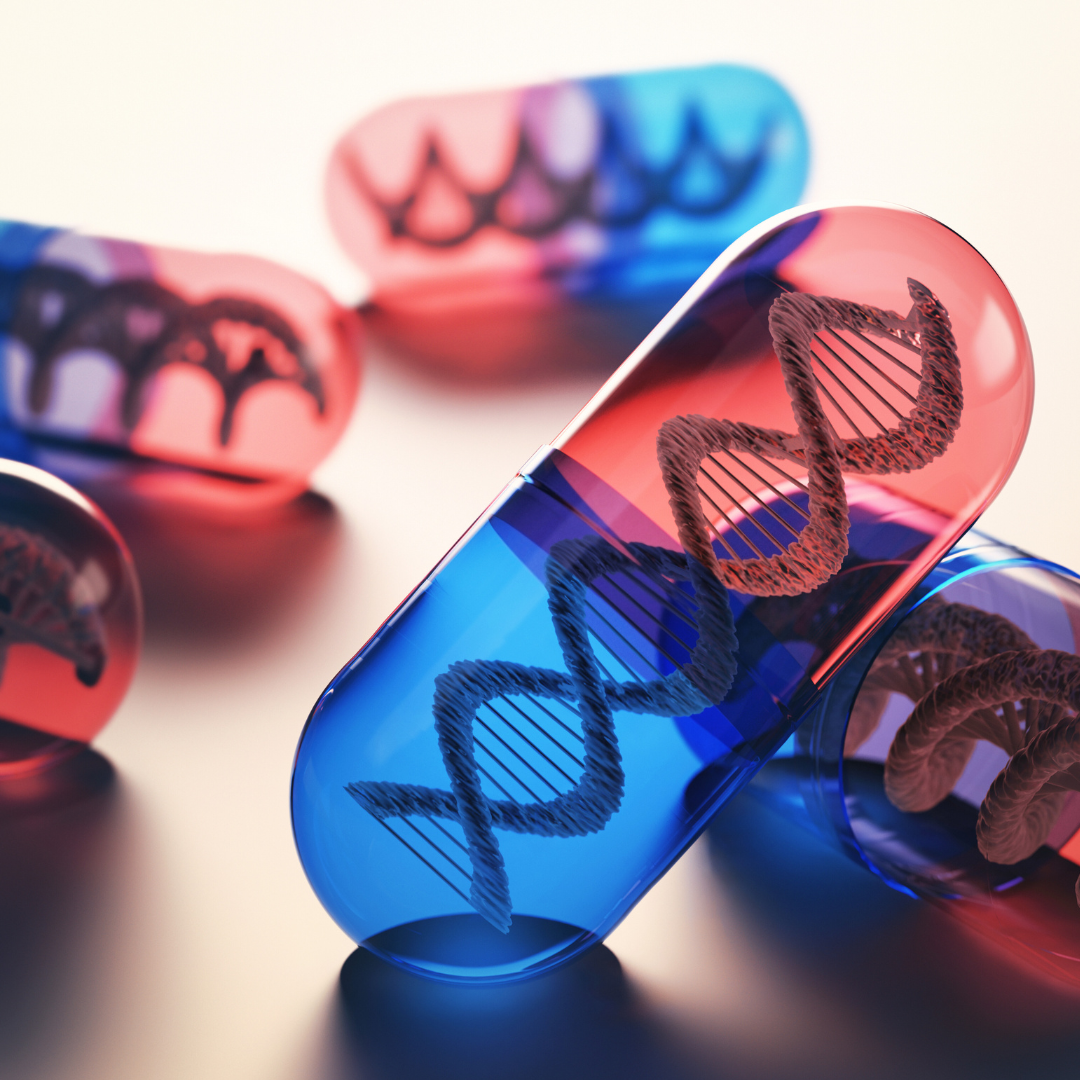Teen’s death following Sarepta DMD gene therapy underscores a risk seen for decades
By Michael Gibney,
PharmaVoice
| 03. 20. 2025
The death this week of a teenager receiving Sarepta Therapeutics’ gene therapy Elevidys for Duchenne muscular dystrophy is a tragic reminder of the stakes involved in cutting-edge biotech innovation.
While gene therapies like Sarepta’s offer an opportunity to treat and even cure diseases, that benefit carries risks. And although Elevidys has been used by more than 800 patients according to Sarepta, the recent death reflects concerns experts had with the therapy prior to its accelerated FDA approval in 2023 and full nod last year.
* * *
Despite a failed late-stage trial, Sarepta pointed to the treatment’s effect on secondary evidence of a functional mechanism of action. And Dr. Peter Marks, director of the FDA’s Center for Biologics Evaluation and Research, ultimately overruled regulatory staff and a review team when he expanded the therapy’s label to treat a wider range of patients.
The 16-year-old boy whose death was reported this week suffered from acute liver failure. While liver injury has been listed as a possible side effect of Elevydis and other gene therapies, no previous reaction was this severe...
Related Articles
By Liyan Qi and Jonathan Cheng, The Wall Street Journal | 03.26.2025
photo via Wikimedia Commons licensed under CC by 3.0
Chinese scientist He Jiankui set off global outrage and landed in prison after he skirted ethical guidelines and claimed he had produced genetically modified babies designed to resist HIV infection.
Now, the self-styled ...
By Anna Louie Sussman, The New York Times | 03.25.2025
On June 24, 2022, the same day the Supreme Court issued its decision in Dobbs v. Jackson Women’s Health Organization, I received a call from the fertility clinic where I’d been undergoing in vitro fertilization, informing me that seven of...
By Staff, The Medicine Maker | 03.21.2025
"The Promise and Peril of CRISPR" cover by Johns Hopkins University Press
As a paediatrician taking care of children with sickle cell disease, Neal Baer, a Harvard Medical School graduate, was in awe of the power of CRISPR technologies. Later...
By Luis Prada, Vice | 03.14.2025
public domain photo by Voice of America via Wikimedia Commons
Back in 2019, Chinese biophysicist He Jiankui proudly announced to the world that he had created two genetically edited human babies, fully expecting a round of applause and three cheers...




